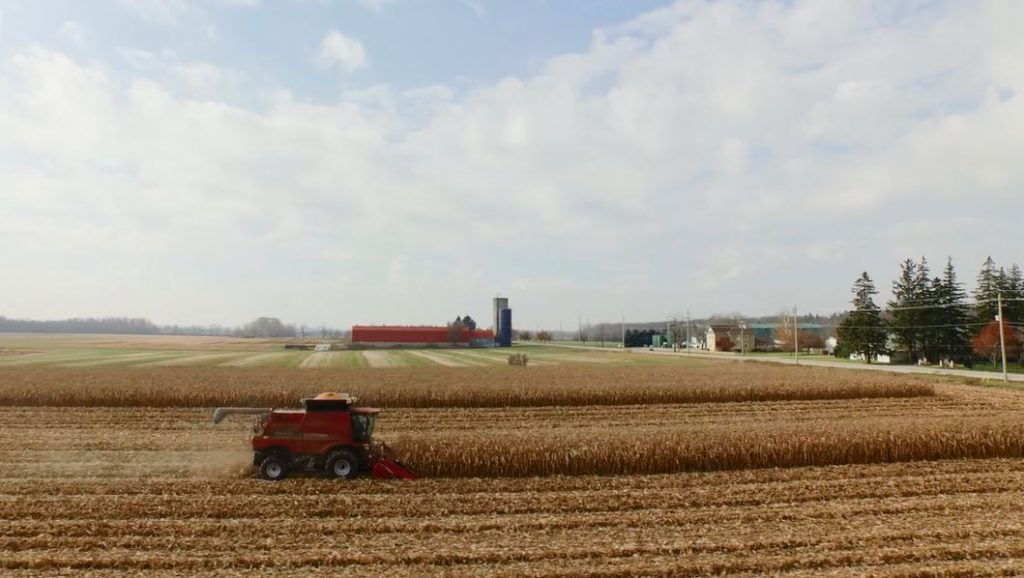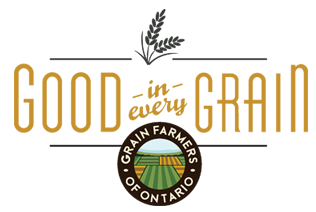Food vs. fuel

Does growing grain for biofuels contribute to world hunger?
The simplest answer is no. There is a great discussion to be had around food and fuel and what producing grains for both in the right amount means for the economy and the environment.
When you fuel up your car in Ontario, as much as 10 percent of the gasoline you purchase is actually ethanol – fuel derived from the sugars in grain corn. Ethanol is a type of biofuel (but not the only one), a category of sustainable fuel that is derived from plants.
As governments have tried to move away from fossil fuel dependency, it has become more and more common that ethanol or other biofuels are mixed into the fuel supply for cars and trucks. As the use of biofuels grows, though, some people have been concerned that there is a risk of diverting farmland or crops from food supply to fuel production. This is a reasonable question for people to have, but not to worry there is enough Ontario corn produced for food needs and still some left for ethanol!
In Ontario, where grain crops are relatively easy to grow sustainably, grain-based biofuels like ethanol and soy biodiesel have almost no effect on food production – especially ethanol made from grain corn, which is not a direct food source for people (although it is used in thousands of products you use every day!). Grain corn ≠ sweet corn!
Only 34 percent of Ontario’s grain corn is used in ethanol production, and the rest is used for livestock feed, processed into food products (corn chips!), and exported globally for feed and food products.
Additionally, as ethanol is produced, a by-product is created called dried distiller’s grain, which can be fed to livestock, ensuring that there is little waste created. Some ethanol producers even work with greenhouses to sell the carbon dioxide produced in ethanol processing to be used in growing greenhouse vegetables.
There is a real ecological benefit when you switch from fossil fuel to biofuel. Corn ethanol is responsible for 45 percent less carbon emissions than regular gasoline (including the emissions that come from planting, harvesting, and production). After 15 years of serious development and infrastructure building, ethanol is cheaper than gasoline, too: about 15 cents per litre on average.
Economists and renewable fuels experts have found no direct correlation anywhere between the production of biofuels and increasing food prices; however, in some less developed regions there is a real ecological concern that better markets for biofuels could lead to increasing grain acreage in areas where environmental standards aren’t as high as they are in North America. That’s why it’s important for farmers and the entire industry that places like Ontario lead the way and produce both food and fuel in innovative, conscientious, and sustainable ways.
